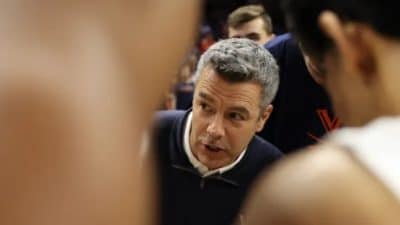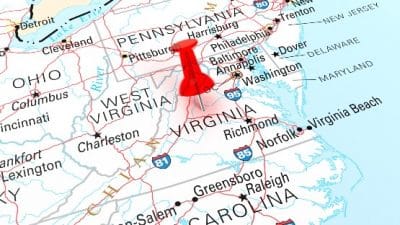
Chartered by the Virginia Tech Office of the Vice President for Research and Innovation, the center’s mission is to “advance the rapidly growing research areas of soft matter and biological physics.”
It already has more than 30 faculty members as affiliates from the College of Science’s departments of Biological Sciences, Chemistry, and Physics, in addition to the College of Engineering’s departments of Biological Systems Engineering, Biomedical Engineering and Mechanics, Computer Science, Chemical Engineering, and Mechanical Engineering.
Additional collaboration will be sought from across the university.
“Truly novel ideas in science often emerge from exchanges across disciplines, and the transfer of fundamental concepts or powerful technology from one field to another,” said Uwe Tӓuber, inaugural center director and professor of physics. “Our new center addresses a strong demand.”
From 8 a.m. to 5 p.m. May 19 at 130 Hahn Hall North, the center will host its first annual symposium, with more than 20 faculty and 50 students and post-doctorate researchers presenting research projects that could spur inter-university collaborations.
Topics will range from polymer crystallization and protein nanocomposite structures to bacterial motility and the mechanisms behind circadian clocks, and cover experimental tools including terahertz spectroscopy and nanoassembly. Computer simulations of biomolecular kinetics and theoretical modeling of spatial organization also will be featured.
“One of our main goals is to identify common research interests that may lead to joint projects and/or funding proposals,” added Tӓuber.
The center ties in with the Beyond Boundaries initiative under Virginia Tech President Tim Sands that promises to build a university that teaches students to take head-on complex problems that transcend economic, geographic, social, spatial, and disciplinary boundaries, said Tӓuber.
Research will focus on the ever-broadening topics of soft matter and biological physics. Soft matter focuses on developing materials relevant to biology, physiology, and a wide range of technological applications, including polymers, liquid crystals, foams, gels used in drug delivery, as well as materials that could make synthetic human tissues and organs. Nanotechnology, part of College of Science’s Academy of Integrated Science program, also will be a major component.
Biological physics focuses on how physical tools – both experimental and mathematical – can be used to describe nature’s molecular “machines” and the overarching principles governing living systems. In particular, programmable biology – seen as a multi-billion-dollar industry of the future –will be a focus of the center.
“The usefulness of physics reaches quite far,” said William Mather, an assistant professor of physics and a member of center’s steering committee. “Not only is physics a tool for nanotechnology, but the ideas in physics help to find order in the chaos of biological systems.”
In Vinh Nguyen’s physics lab at Hahn Hall North, students are using femtosecond laser – highly detailed, rarely done – to study how proteins relate to deadly diseases. “Problems in protein folding and aggregation are believed to be the cause of many devastating diseases, such as Alzheimer’s and Parkinson’s,” said Nguyen, an assistant professor. “Unfortunately, there are no diagnostics for the early stages of these diseases. We are employing terahertz radiation to explore the conformational dynamics of proteins in solutions, which will shed light on the relation between protein aggregation and these diseases.”
The center also will collaborate with new and established outreach programs for STEM – science, technology, engineering, and math – initiatives with K-12 students from Virginia and neighboring states. Additionally, other programs under the Academy of Integrated Science program – such as computational modeling and data analytics, and systems biology – that promote interdisciplinary undergraduate education and novel degrees also will be highlighted.










